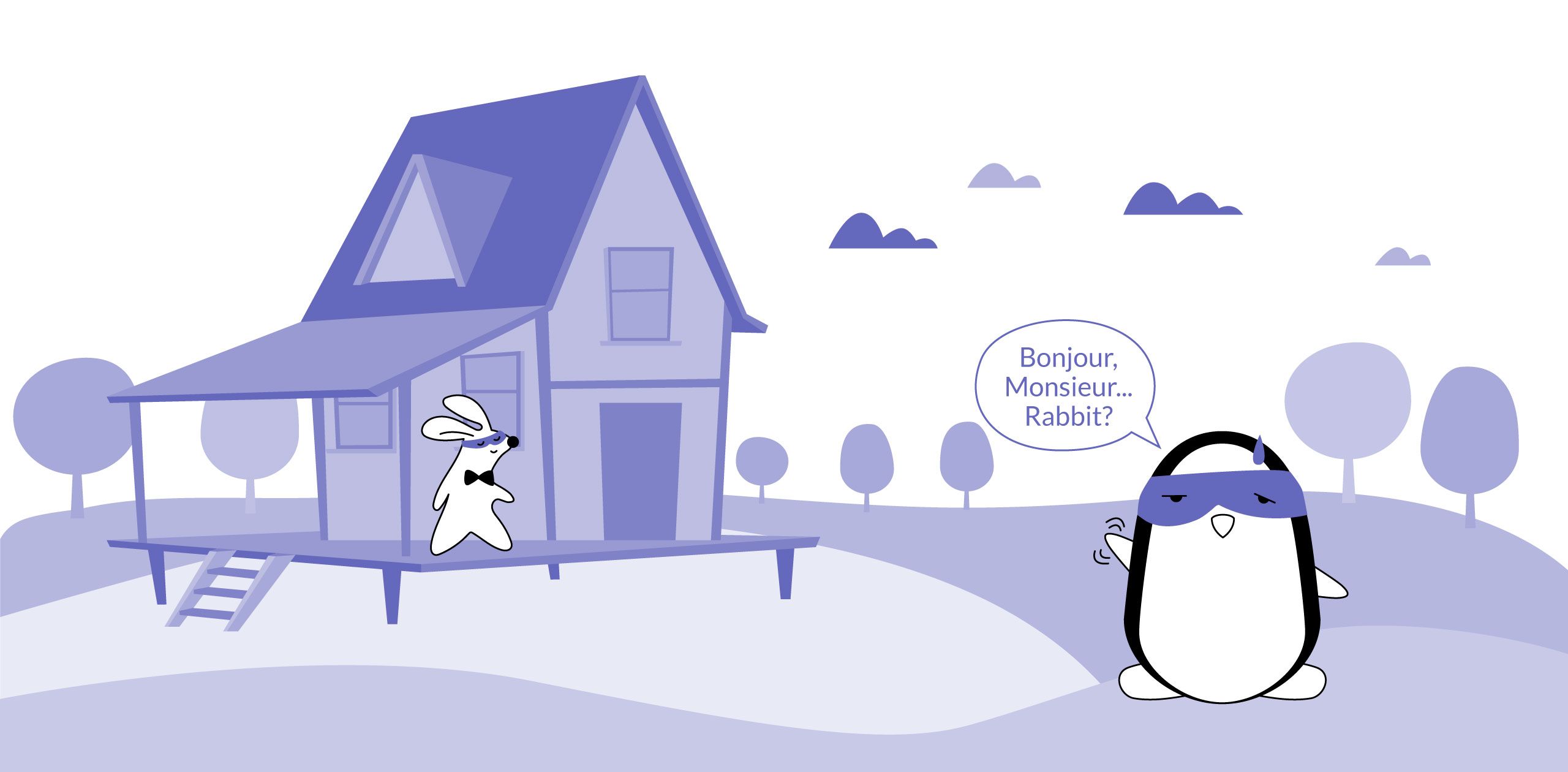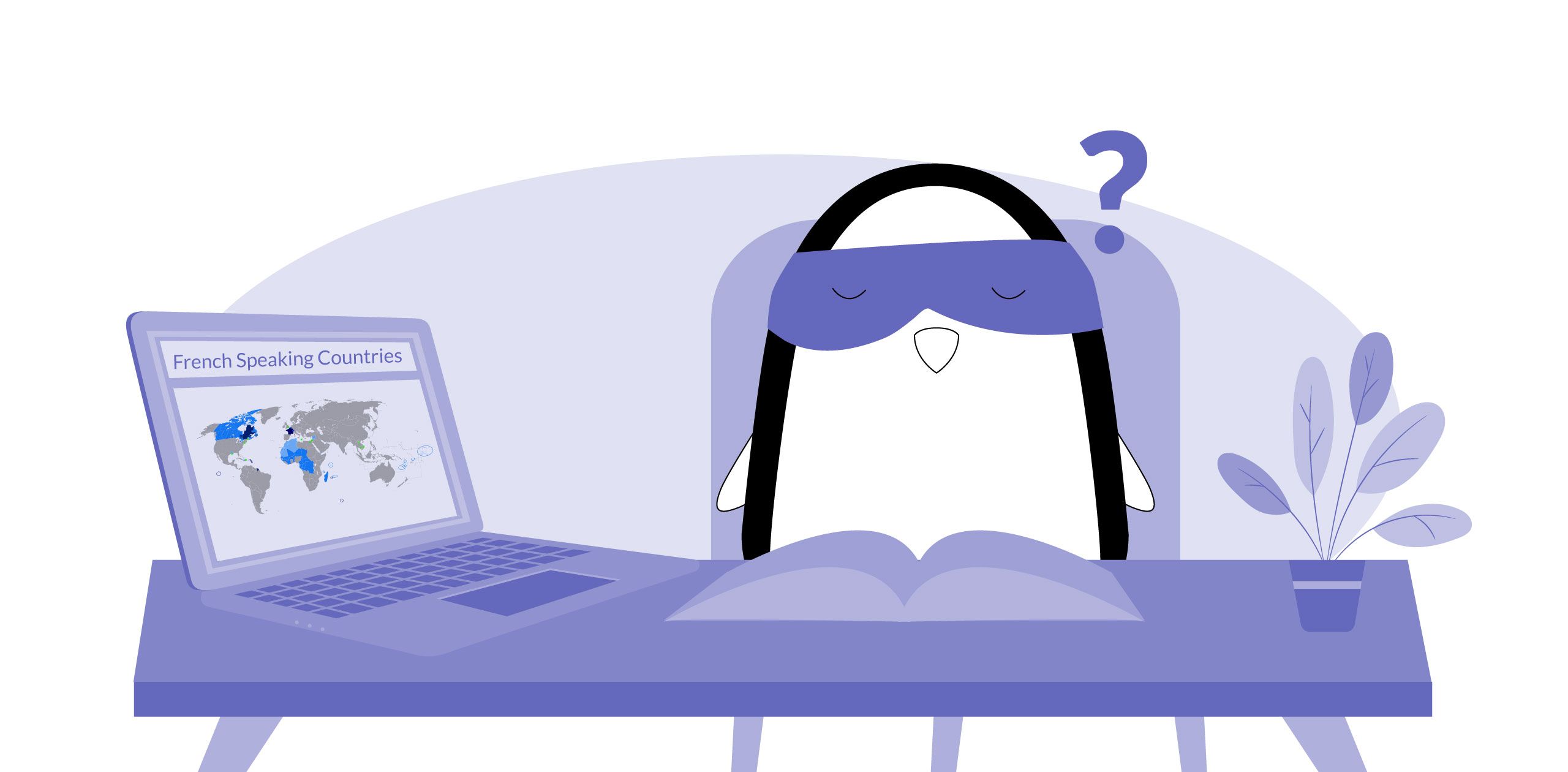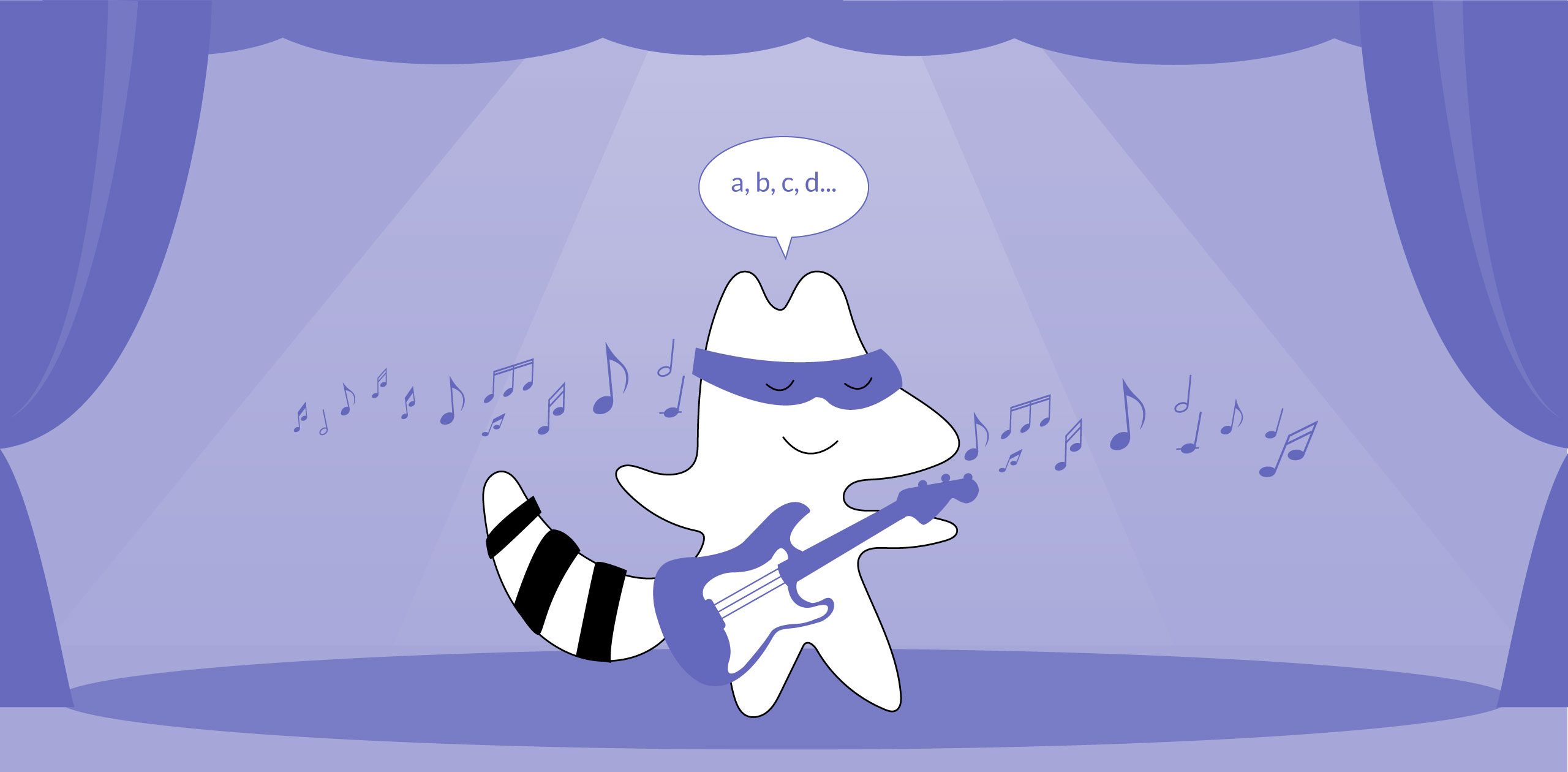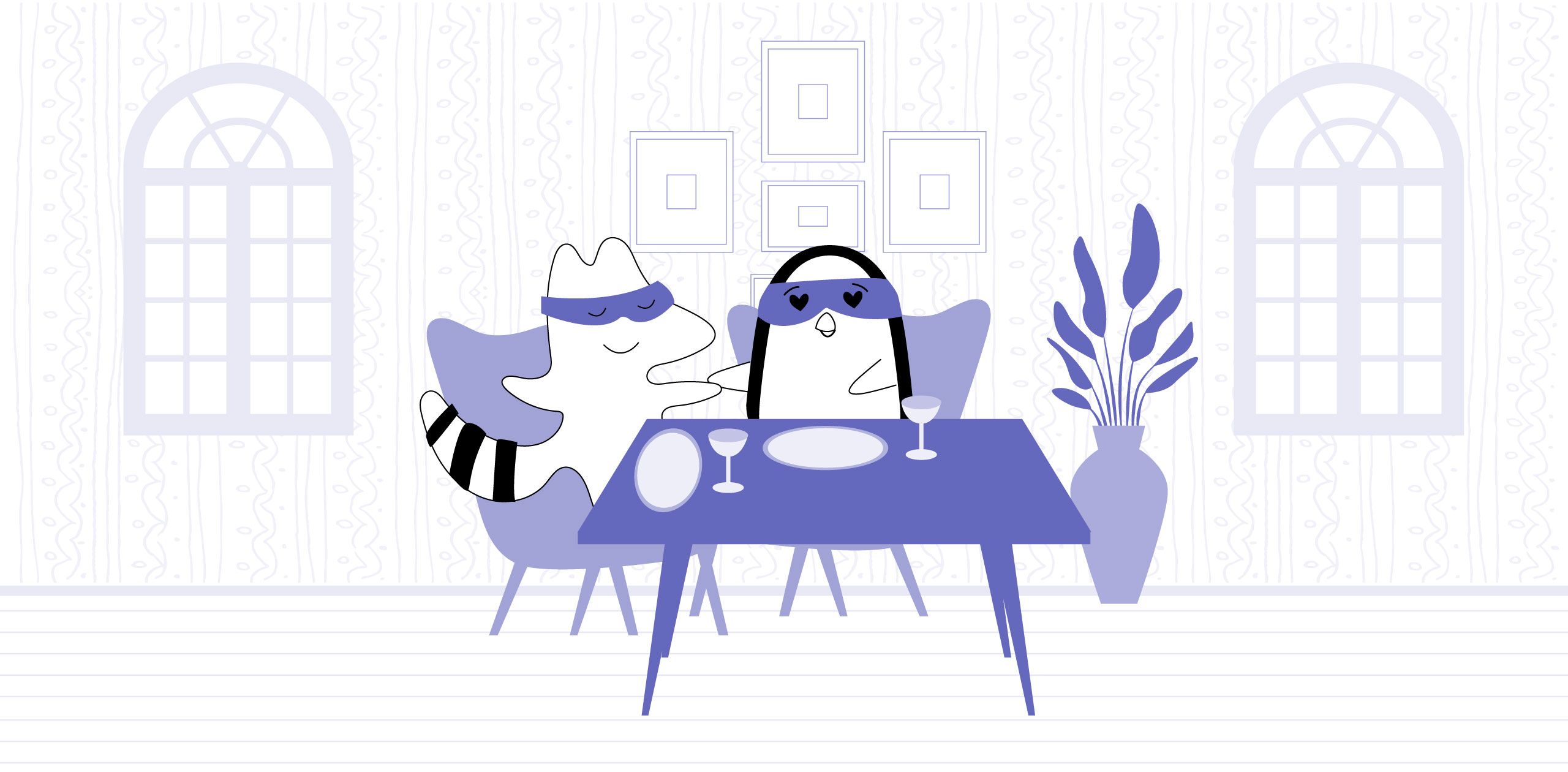
The word “beautiful” might not be as essential as phrases like “hello” and “could you help me?” when visiting a foreign country. But as you’re driving around the French valleys, walking around Louvre, or drinking wine, it might be the only word that comes to mind.
No wonder that you would like to know how to say it in French. You’ve come to the right place Today, we will tell you more about saying “beautiful” in French in different ways.
Belle, beau, jolie, charmante - there are quite a number of French words you can choose from depending on the situation. Whether you want to compliment someone or describe your breathtaking trip, you will use different vocabulary. In the article below, we’ll teach you how to choose the right expressions.
Read on - and make sure that you can say “beautiful” in French and sound like a native French speaker.
Beau/Belle - the Classics
The main thing you will hear as an alternative to the English “beautiful” in French is “belle” when talking to/about a woman (or a feminine noun) or “beau” when talking to/about a man (or a masculine noun).
In fact, these two words (or, actually, one word in masculine and feminine versions) are the only direct translation for the word “beautiful” in standard French. Of course, there are many other different words you can use instead of it; but none of them would literally mean “beautiful.”
That might sound a little strange considering that we are talking about the language of love and romance. After all, there are at least ten different expressions for saying “hello” in French. But the thing is, the French love precision. So either you want to say “beautiful” in a general way - or you want to say something else.
This might ease your language learning process a bit, as you don’t have to learn a whole new set of vocabulary. However, if you want to be as accurate as the French are when describing something or giving a compliment, you will want to learn a few more words.
Nevertheless, the simplest way to say someone they are beautiful would still be something like that:
Casually:
Example
Explanation
Tu es belle
(to a woman)
To es beau
(to a man)
In a formal way:
Example
Explanation
Vous êtes belle
(to a woman)
Vous êtes beau
(to a man)
In the plural, when talking to several people:
Example
Explanation
Vous êtes belles
(when there are only women)
Vous êtes beaux
(when there are men in the group)
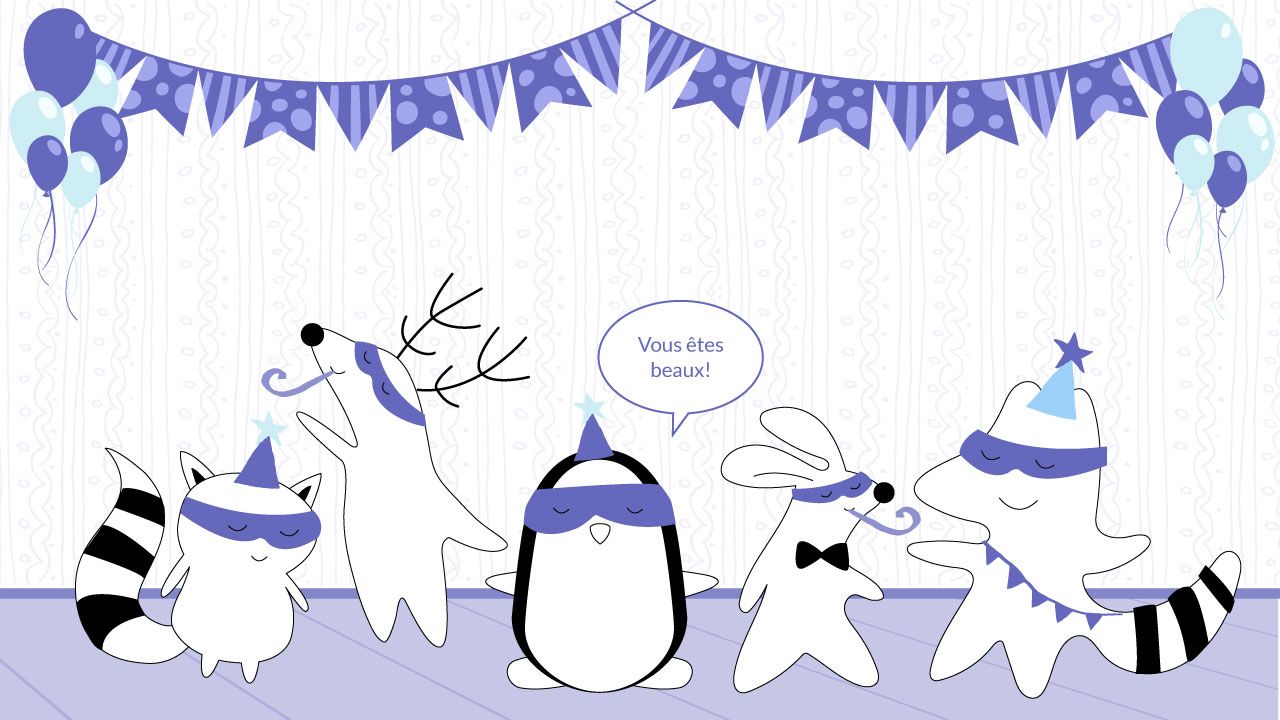
As you can see, there are quite a few rules for using beau/belle in French, so let’s focus on them.
Position of Beau and Belle in the Sentence
Most French adjectives precede the noun. However, belle, beau, and their plural forms are always put before the noun in the sentence. If you want to master French and sound like a native speaker, don’t forget about that.
For example:
Example
Explanation
une belle femme
a beautiful woman
un beau garçon
a beautiful boy
You would never say something like une fille belle if you want to say “a beautiful girl.” This will sound incorrect and, even though native speakers and other French learners will understand you, you might not make a good impression.
Beau and Belle in Plural Forms
If you have checked our Grammar page before or are familiar with French adjective agreement, you might know that regular French adjectives, when put into the plural form, usually get an -s added at the end, just like in English.
For example, when belle modifies plural feminine nouns, it follows this rule:
Native
Translation
une belle maison - belles maisons
a beautiful house - beautiful houses
But when beau is used with plural masculine nouns, you don’t add an -s, but an -x:
Native
Translation
un beau arbre - beaux arbres
a beautiful tree - beautiful trees
This is not an exception, though. Beau follows the rule where all French words ending with -eau are pluralized with -x. Remember that.
Particularity: Irregular Adjectives
There are more irregularities when it comes to these adjectives than just the plural form or the position in a sentence. Another thing you need to remember when you want to use beau is that it can change depending on the noun it’s used with.
When preceding a singular masculine noun or a noun beginning with an h, beau actually changes to bel - so that the final phrase sounds well. For example:
Native
Translation
un bel homme
a handsome man
mon bel ami
my beautiful friend/my good friend
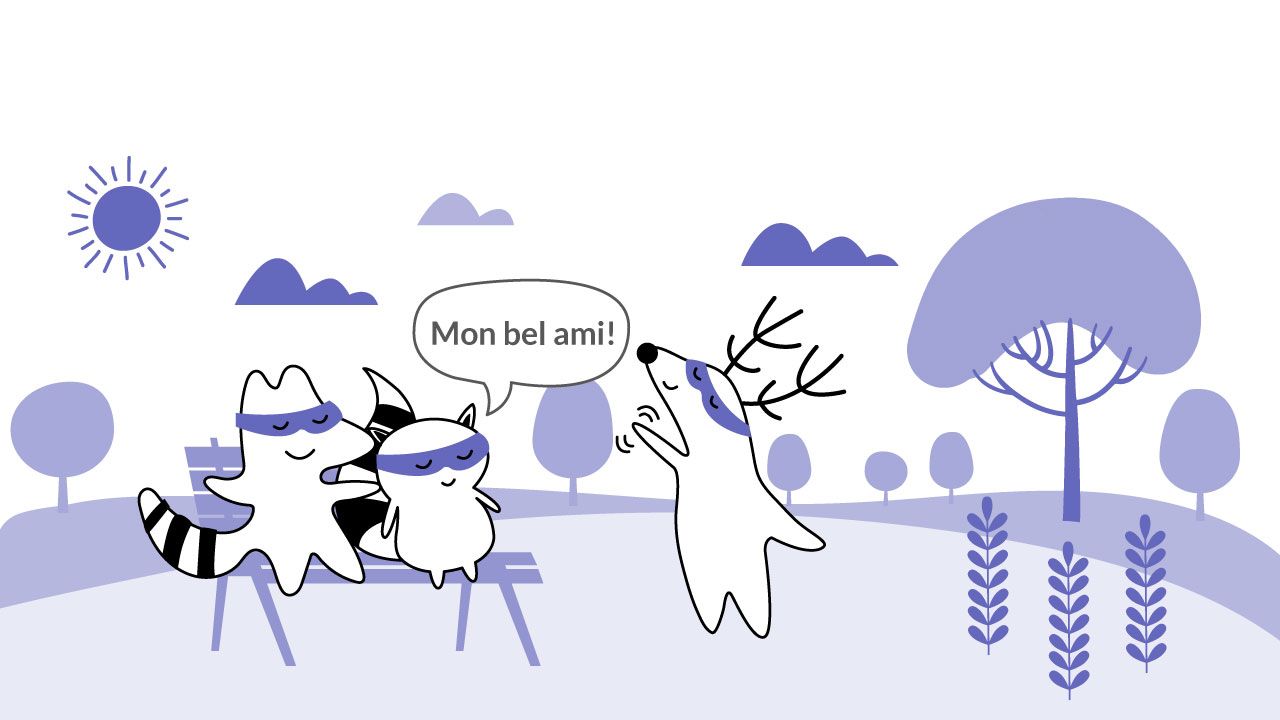
But be careful. Remember that this is a masculine adjective that is only used when preceding masculine nouns. Don’t use it to describe feminine objects. You also shouldn’t use bel when, for whatever reason, beau is separated from the noun it’s modifying, for example:
Native
Translation
Cet homme est beau.
This man is beautiful.
Using Indefinite Articles with Beau and Belle
The main indefinite plural article des is surely something that can create a lot of challenges when you’re learning French. But if you’ve successfully dealt with it and now know for sure where to use it, here’s a fun fact for you: before beau or belle, it will transform into de.
This occurs because the grammar rules of the French language say that you can’t put des and have to use de when an adjective precedes the noun it’s modifying. As we’ve already established, the adjective beau/belle comes before the noun.
Here are some examples for you:
Native
Translation
C’est une belle robe - Ce sont de belles robes.
This is a beautiful dress - These are beautiful dresses.
Nous sommes vus un bel homme - Nous avons vu de beaux gens.
We’ve seen a handsome man - We’ve seen beautiful people.
Beau and Belle with Adverbs
Sometimes, you might want to use adverbs with the word “beautiful” in French to emphasize the description. In that case, some changes to the sentence will also occur.
First of all, the adverb will be put between beau/belle. This will push the adjective after the noun. So for example, you would say,
Native
Translation
Une femme terriblement belle.
A terribly beautiful woman.
However, there is one adjective that doesn’t follow this rule - très. When using it, you will simply keep the structure the same as always:
Native
Translation
Une très belle femme.
A very beautiful woman.
Other Words You Can Use to Say “Beautiful” in French
Beau/belle may be the only direct translation for the word “beautiful” in French. But you don’t have to use only those words when describing something or someone.
There are quite a few other ways to say “beautiful” in French - and some of them are definitely much easier to use than beau/belle. Here are a few examples:
Joli(e)
This adjective simply means “pretty” and it’s mainly used for describing girls and babies. For example,
Native
Translation
C’est une jolie fille.
This is a pretty girl.
You might also hear this word used to describe animals, objects, and ideas which have masculine grammatical gender. For instance,
Native
Translation
Un joli chaton.
A pretty kitten.

Canon
This is a slang expression for “beautiful” that is often used by young people - still, it has very traditional roots. Canon actually refers to the canon of beauty, a classic concept created by ancient artists to describe the body proportions of beautiful people. Today, you will hear it in expressions like
Native
Translation
Elle est trop canon.
She is very good-looking.
Note that, unlike other adjectives we’ve covered above, canon is only used to describe people.
Mignon(ne)
Just like joli(e), this word is mostly used to describe babies, children, and certain objects - and it means “cute.” You can use it in informal settings - for example, when talking to your friends.
Native
Translation
Votre bébé est si mignon !
Your baby is so cute!
As you might have figured out, the masculine form is mignon while the feminine is mignonne.
Ravissant(e)
This word sounds pretty formal - and it can seem like that. Ravissant(e) means ravishing or gorgeous, so it’s definitely not a synonym for cute. You can use it, for example, to tell your partner how amazing they look during a romantic dinner - it will be incredibly flattering to them.
Native
Translation
Tu es ravissante ce soir.
You look gorgeous tonight.
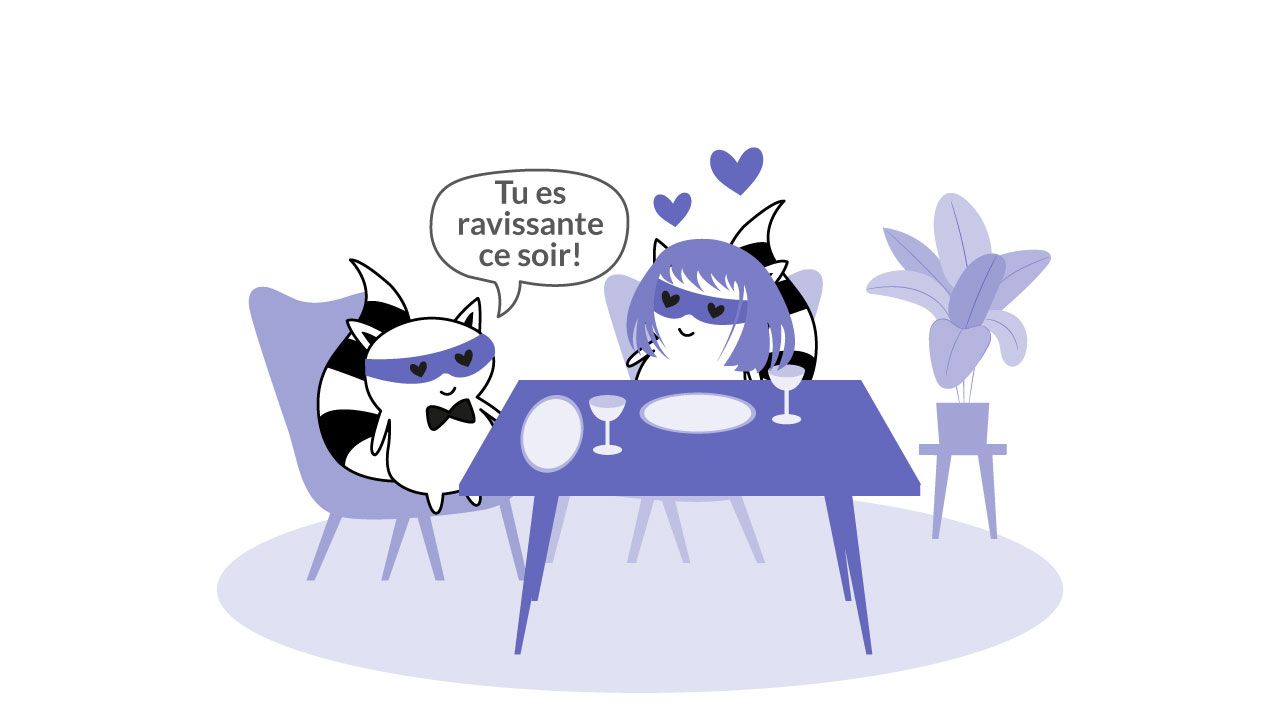
Final Thoughts
And that’s it - for now. These are the basic words you can use to describe someone or something you’re amazed by or to tell someone they look amazing.
Of course, we shouldn’t forget that French is the language of love - and there are many other ways to give compliments or say that something is amazing. This basic vocabulary should be enough for you by now; but if you’re planning to go to France - and, importantly, if you’re planning to fall in love in France - you shouldn’t stop expanding your vocabulary.
Fortunately, there’s a quick and fun way to do that. Simply download the Langster app - and enjoy your daily batch of interesting stories along with the new vocabulary and learn the necessary grammar rules.







